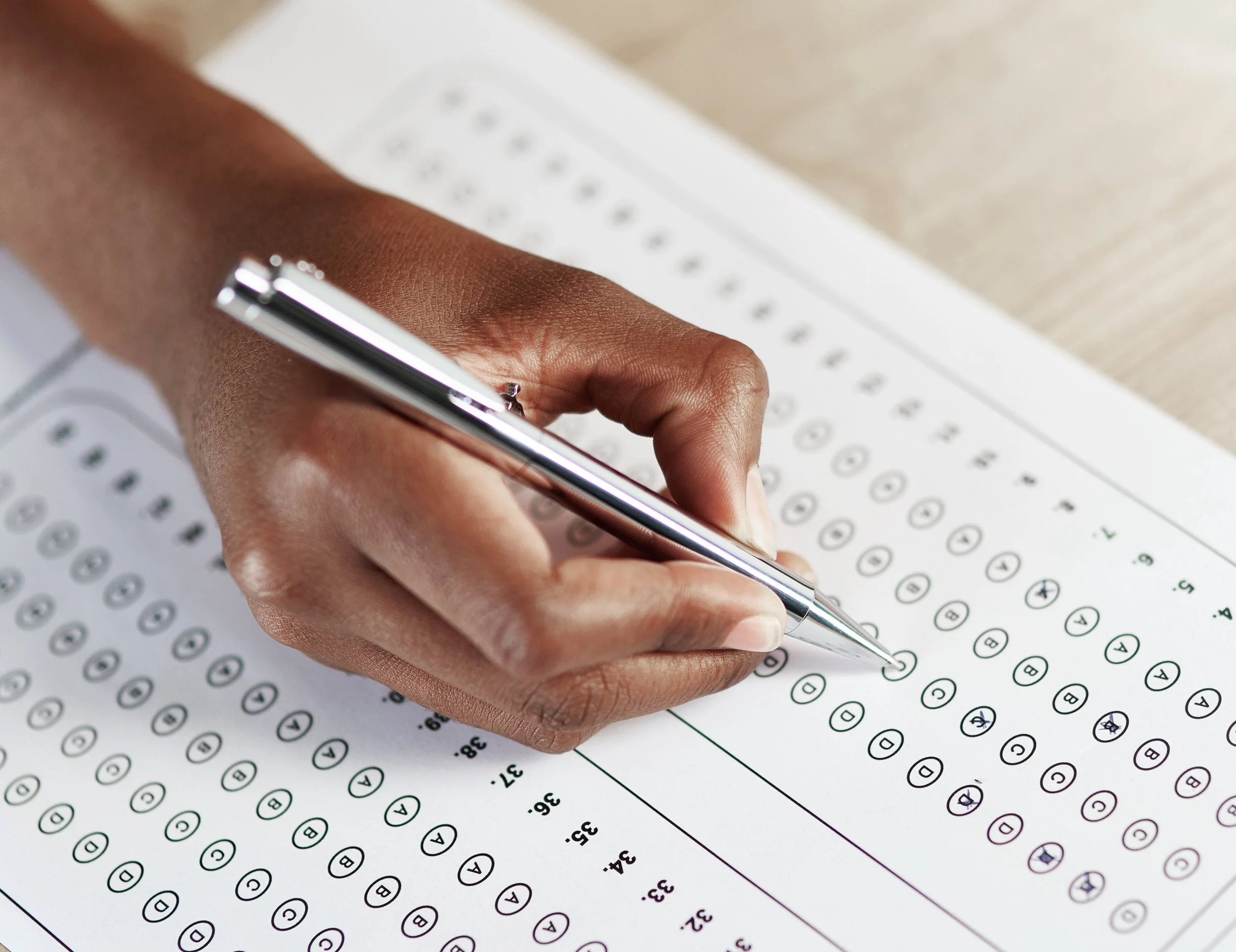US Citizenship: The Process
Attention, aspiring citizens! Before you embark on this journey, here's an important heads-up. Our office adheres strictly to the citizenship policy—no exceptions. Your personal doctor will need to complete Form N-648 for this process. We're sharing this information to assist you, as we frequently receive inquiries about it.
Becoming a U.S. citizen is a significant milestone that shouldn't be taken lightly. It's a journey involving learning about American history, government, and basic English. The U.S. Citizenship Test is your key to this opportunity—a crucial assessment of your knowledge and skills, and an important step toward becoming a full-fledged citizen.
If you're ready to take this step, here's everything you need to know about the U.S. Citizenship Test. We've compiled all the essential details, from the test structure to key civics questions and answers. We've even included tips on preparation and what to expect on test day.
The U.S. Citizenship Test is more than just an exam; it's a gateway to understanding America's core values, history, and government. By passing this test, you'll be equipped to actively participate in civic duties and make a positive impact on your community.
Here's what you need to know about the Civics Test:
What's covered?
The Civics Test encompasses a wide range of topics, including American government, history, and symbols. You'll need to understand the three branches of government, the roles of the President and Congress, and the principles outlined in the Constitution.
How many questions are there?
The Civics Test consists of 100 questions. During your naturalization interview, you'll be asked 10 of these questions. To pass, you need to answer at least 6 out of 10 questions correctly.
How are the questions asked?
The Civics Test questions are asked orally, so you'll need to practice speaking and understanding English.
Key questions and answers:
Here are some key questions to help you get started:
American Government:
What are the three branches of government?
What is the role of the President?
What is the purpose of the Bill of Rights?
American History:
What is the significance of the Declaration of Independence?
Who was the first President of the United States?
What event marked the beginning of the American Revolution?
Understanding American history is crucial for new citizens to fully appreciate the nation's journey and values. Questions might cover major events like the Revolutionary War, the Civil Rights Movement, and influential figures such as George Washington and Martin Luther King Jr.
Learning about these milestones helps you develop a deeper connection to the past and understand how the country has evolved over time.
Integrated Civics:
Integrated civics questions assess your knowledge of U.S. geography, symbols, and holidays. You might be asked to identify states on a map, explain the significance of the American flag, or describe national holidays like Independence Day and Thanksgiving.
This knowledge will help you better understand your new home's culture and geography.
Structure of the English Test
The English test for naturalization comprises three parts: reading, writing, and speaking. It evaluates your basic English skills, which are essential for everyday communication and integration into American society.
Components (Reading Test, Writing Test & Speaking Test)
The test consists of three sections: reading, writing, and speaking. You'll need to read one sentence correctly out of three options, write one sentence correctly out of three options, and demonstrate your ability to converse about basic English topics and questions.
Assessment Criteria (What USCIS Officers Look For)
USCIS officers evaluate your clarity, accuracy, and ability to follow instructions during the interview and tests. They also assess your pronunciation and grammar usage. Strong communication skills are vital for community integration.
Preparing for the U.S. Citizenship Test is similar to preparing for a significant exam. You'll need to utilize study materials and practice your skills to succeed.
Study Resources:
The U.S. Citizenship and Immigration Services (USCIS) provides official study materials, including a list of civics questions, practice tests, and flashcards. You can also find online courses, community classes, and study groups to support your preparation.
Practice Tips:
The more you practice, the better you'll perform. Here are some tips to help you get started:
Set aside time each day: Dedicate daily time to studying and practicing your skills.
Use flashcards: Flashcards are an effective tool for memorizing the 100 civics questions.
Take mock interviews: Practice with friends or family members to simulate the interview experience. This will help you feel more comfortable speaking English and answering questions under pressure.
Read aloud: Reading aloud from newspapers, books, or the USCIS reading vocabulary list will improve your pronunciation and fluency.
Write sentences: Write sentences using words from the USCIS writing vocabulary list to enhance your writing skills.
What to Expect During the Test:
On the day of your test, you'll have an interview with a USCIS officer. They'll ask you civics questions and evaluate your English skills. Be prepared to answer questions about your application and background. Here's what you can expect:
You'll be asked up to 10 civics questions: These questions will come from the list of 100 questions.
You'll have to read one out of three sentences correctly: This will demonstrate your reading comprehension.
You'll have to write one out of three sentences correctly: This will showcase your writing ability.
You'll be asked questions about your application and background: This will assess your speaking skills.
